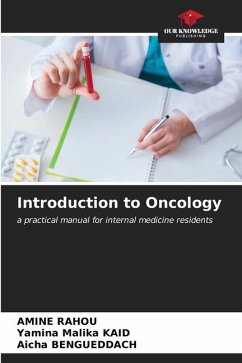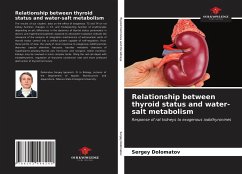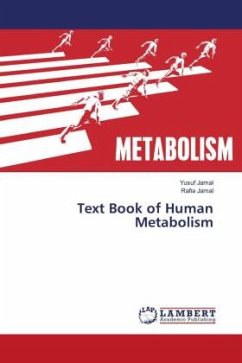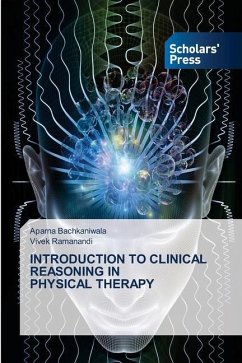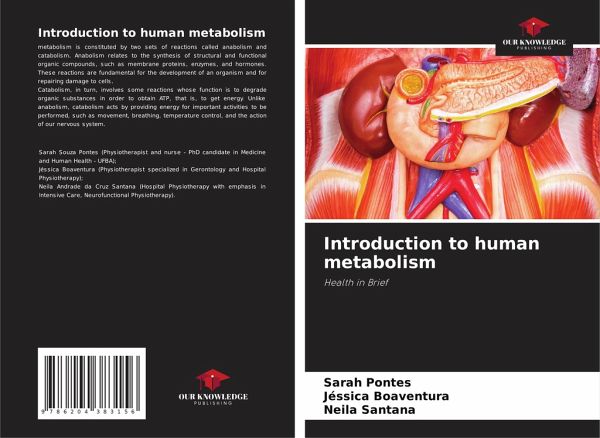
Introduction to human metabolism
Health in Brief
Versandkostenfrei!
Versandfertig in 6-10 Tagen
36,99 €
inkl. MwSt.

PAYBACK Punkte
18 °P sammeln!
metabolism is constituted by two sets of reactions called anabolism and catabolism. Anabolism relates to the synthesis of structural and functional organic compounds, such as membrane proteins, enzymes, and hormones. These reactions are fundamental for the development of an organism and for repairing damage to cells.Catabolism, in turn, involves some reactions whose function is to degrade organic substances in order to obtain ATP, that is, to get energy. Unlike anabolism, catabolism acts by providing energy for important activities to be performed, such as movement, breathing, temperature cont...
metabolism is constituted by two sets of reactions called anabolism and catabolism. Anabolism relates to the synthesis of structural and functional organic compounds, such as membrane proteins, enzymes, and hormones. These reactions are fundamental for the development of an organism and for repairing damage to cells.Catabolism, in turn, involves some reactions whose function is to degrade organic substances in order to obtain ATP, that is, to get energy. Unlike anabolism, catabolism acts by providing energy for important activities to be performed, such as movement, breathing, temperature control, and the action of our nervous system.






